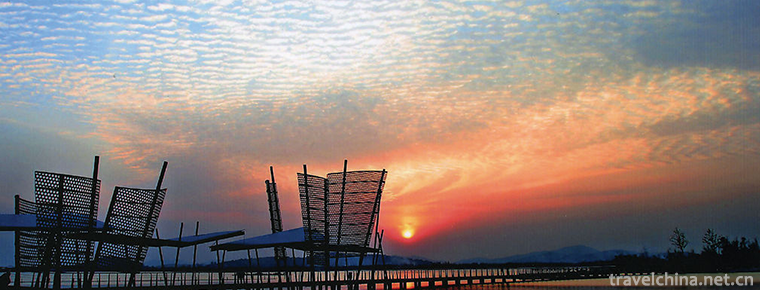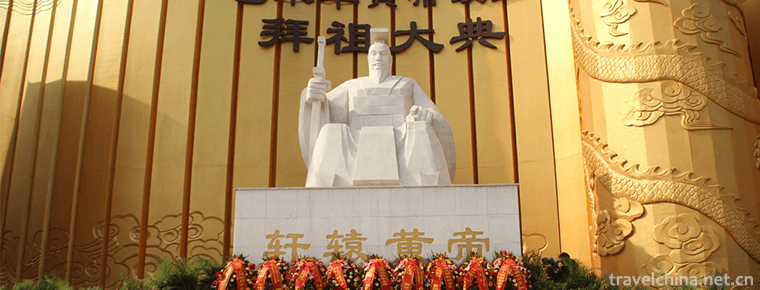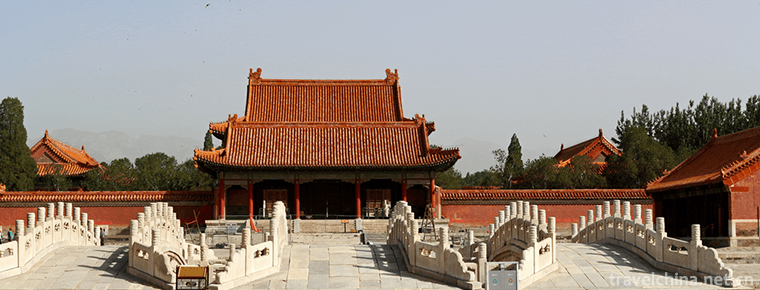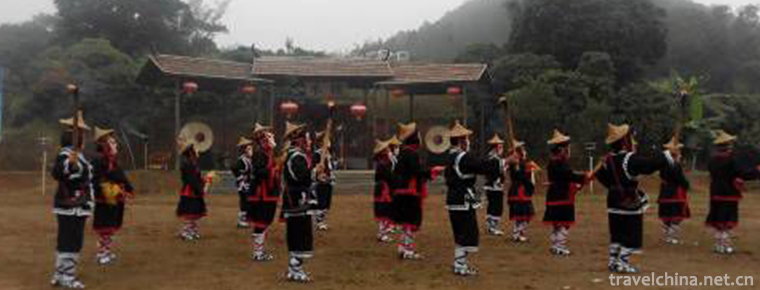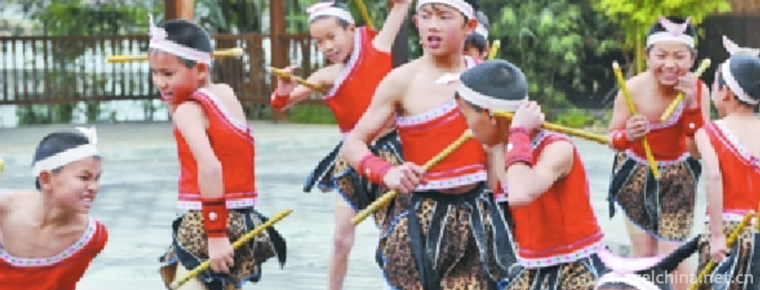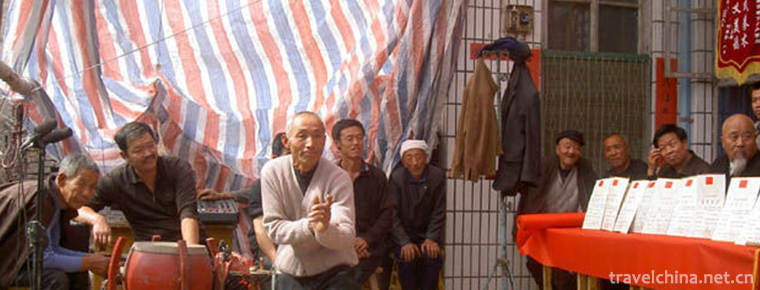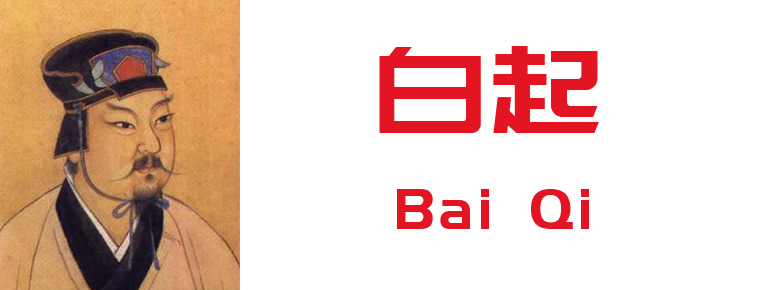Zhongshan Salt Water Song
Zhongshan Salt Water Song
Salt water song is a form of expression of Guangdong local folk songs, which is mainly spread among farmers and fishermen in the coastal and river network areas of Zhongshan, Panyu, Zhuhai and South China Sea, while Tanzhou in Zhongshan is the representative area of salt water song in the Pearl River Delta.
On May 20, 2006, it was approved by the State Council to be included in the first batch of national intangible cultural heritage list.
Historical Origin
As early as the late Ming Dynasty and early Qing Dynasty, saltwater songs had been popular in the Pearl River Delta area. In the Pearl River Delta region, people adjust their lives and increase the friendship between villages, gradually forming a custom of answering songs. Most of the places set up singing tables before or after the busy farming season and competed with each other. During the Mid-Autumn Festival, boats were also rolled to the heart of the river to form the "Mid-Autumn Saltwater Song Rolling Platform".
artistic characteristics
The main categories of Zhongshan saltwater songs include long and short sentences of saltwater songs, Gaotang songs, Damuo songs, aunt songs and sigh sister, etc.
Representative Works
"To Flowers" and "Easy Pearls on the Sea" and so on.
Inheritance Significance
Tanzhou is the birthplace of Zhongshan folk songs. In the 1950s and 1960s, Zhongshan saltwater song once flourished. During the Cultural Revolution, saltwater songs were banned. Ten years of fault had a great impact on the saltwater songs in Tanzhou. The 70-year-old may still have a clear memory, while the 50-year-old can only sing a little. With the passage of time, a generation of famous singers, such as He Fuyou, Liang Rongsheng and Chen Shi, who have been the pillars of saltwater songs since the 1950s, have died one after another. Nowadays, there are no more than 10 people who can sing saltwater songs systematically in Tanzhou, and most of them are already very old.
In addition, the influx of foreign cultures and the change of cultural consciousness and value orientation of the younger generation have greatly changed the ecological environment of saltwater songs. Relevant investigations show that most people in the area have no idea what saltwater songs are, and the endangered situation of saltwater songs can be imagined.
The state attaches great importance to the protection of intangible cultural heritage. On May 20, 2006, Zhongshan Salt Water Song was approved by the State Council and listed in the first batch of national intangible cultural heritage list.


Zhongshan Salt Water Song
-
Tourist Area of Wu Taihu Lake in Suzhou
Wuzhong Taihu Lake Tourist Area in Suzhou is located in the southwest corner of the paradise of Taihu Lake, covering an area of 21.5 square kilometers.
Views: 233 Time 2018-12-06 -
Hometown of Huang Di
The scenic spot of Huangdi's hometown is located in Xuanyuan Road, Xinzheng City, Zhengzhou City, Henan Province. It is the residence of Xiong clan recorded in the history
Views: 187 Time 2019-01-18 -
Western Royal Tombs of the Qing Dynasty
Xiling Tomb of Qing Dynasty is located at the foot of Yongning Mountain, 15 kilometers west of Yixian Town, Baoding City, Hebei Province, more than 120 kilometers away from Beijing
Views: 235 Time 2019-02-07 -
Wo Lou dance
Helou Dance is a traditional folk entertainment program in Yunan County, Guangdong Province. It is called "living fossil" in traditional dance. Helou Dance is the product of
Views: 154 Time 2019-05-02 -
Maonan people beat monkey drum
"Monkey Drum Dance" is a traditional dance of Maonan nationality in Guizhou Province, which is used for funeral activities and performed by wizards. It is spread in some villages of Pingtang
Views: 103 Time 2019-05-26 -
Xinyiquan
Xinyiquan, one of the traditional Chinese boxing, is an important part of Chinese martial arts culture and Oriental mysterious culture. It is a wonderful flower in the hundred gardens of Chinese marti
Views: 167 Time 2019-07-06 -
Legend of Yao
The legend of Yao is one of the local folklores in Jiangxian County, Shanxi Province. Yao is the Saint King of ancient Chinese legend. It is said that later generations named him Tao Tang and surnamed
Views: 100 Time 2019-07-11 -
Brocade Weaving Skills of the Zhuang Nationality
After thousands of years of development, the brocade has its own system of three categories, more than 20 varieties and more than 50 patterns. It is famous for its durability, exquisite skills, unique
Views: 220 Time 2019-08-16 -
University Of Science and Technology Beijing
Beijing University of Science and Technology was established in 1952 by the Department of Mining and Metallurgy of 6 famous universities in China, such as Tianjin University (formerly Beiyang Universi
Views: 190 Time 2019-09-06 -
Bai Qi
White(Bai Qi)(? - 257 BC). He is a man in the village of Bai village, Chang Xing Town, Mei County, Shaanxi today. Outstanding military strategist and representative of "military strategist"
Views: 143 Time 2019-09-11 -
A city with a fire by one Cold thinking behind Ding Zhen hot
With the popularity of microblogging for nearly seven months, the popularity of microblogging has been created for a long time. At the same time, the hometown of Ding Zhen, Litang County, Ganzi Tibetan Autonomous Prefecture, also ushered in several times the search volume and real gold and silver tourism orders.
Views: 98 Time 2020-12-07 -
Meishan tertiary industry
In 2019, the total retail sales of consumer goods will reach 54.869 billion yuan, an increase of 10.5%. Among them, enterprises (units) above the designated size achieved 15.655 billion yuan of retail sales of consumer goods, an increase of 10.2%. In terms
Views: 354 Time 2020-12-18
